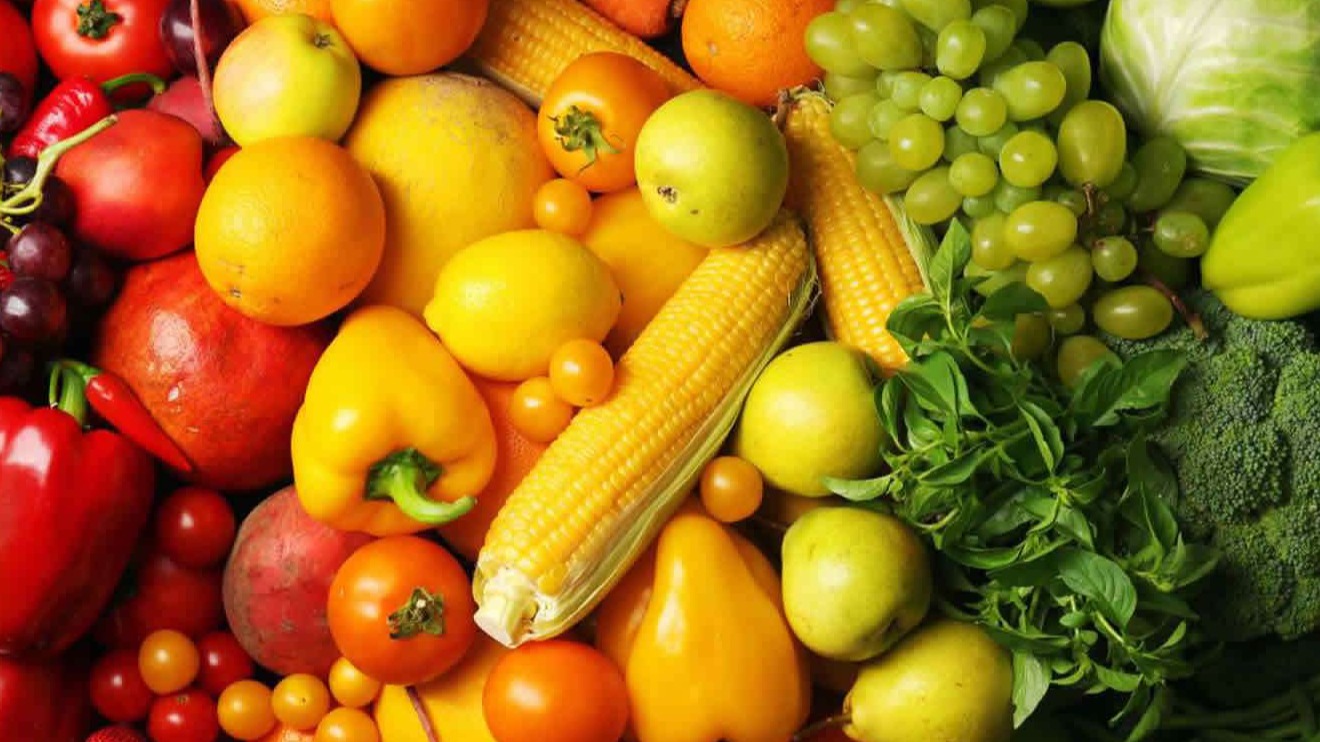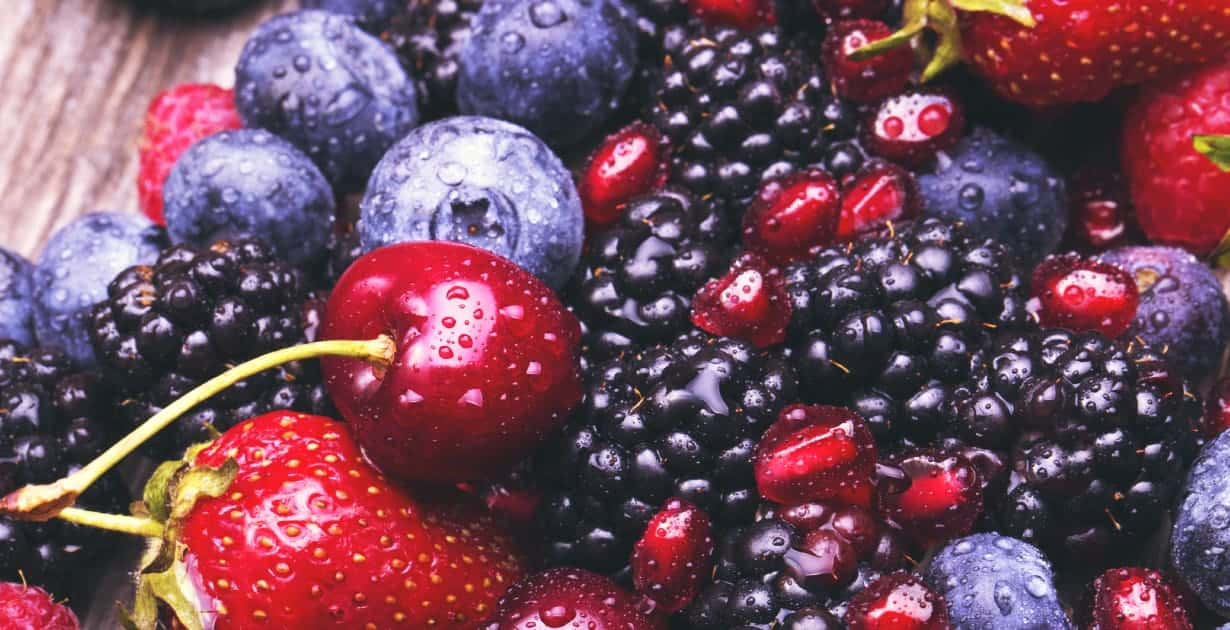Watermelon is rich in plant compounds that fight free radicals
Watermelon is rich in plant compounds that fight free radicals
Watermelon is a rich source of citrulline, an amino acid that may improve exercise performance. Plus, it boasts antioxidants, including vitamin C, carotenoids, lycopene, and cucurbitacin E. These compounds help combat free radicals, which are unstable molecules that may damage your cells if they accumulate in your body. Over time, this damage may lead to conditions like diabetes, heart disease, and cancer.
Watermelons are a member of the Cucurbitaceae family. Watermelons are believed to have been first domesticated more than 4,000 years ago in Northeast Africa. The cool sweetness of watermelon makes it the perfect food to quench your thirst. Studies show that this sweet watermelon can boots heart health, reduce muscle soreness, and reduce inflammation.
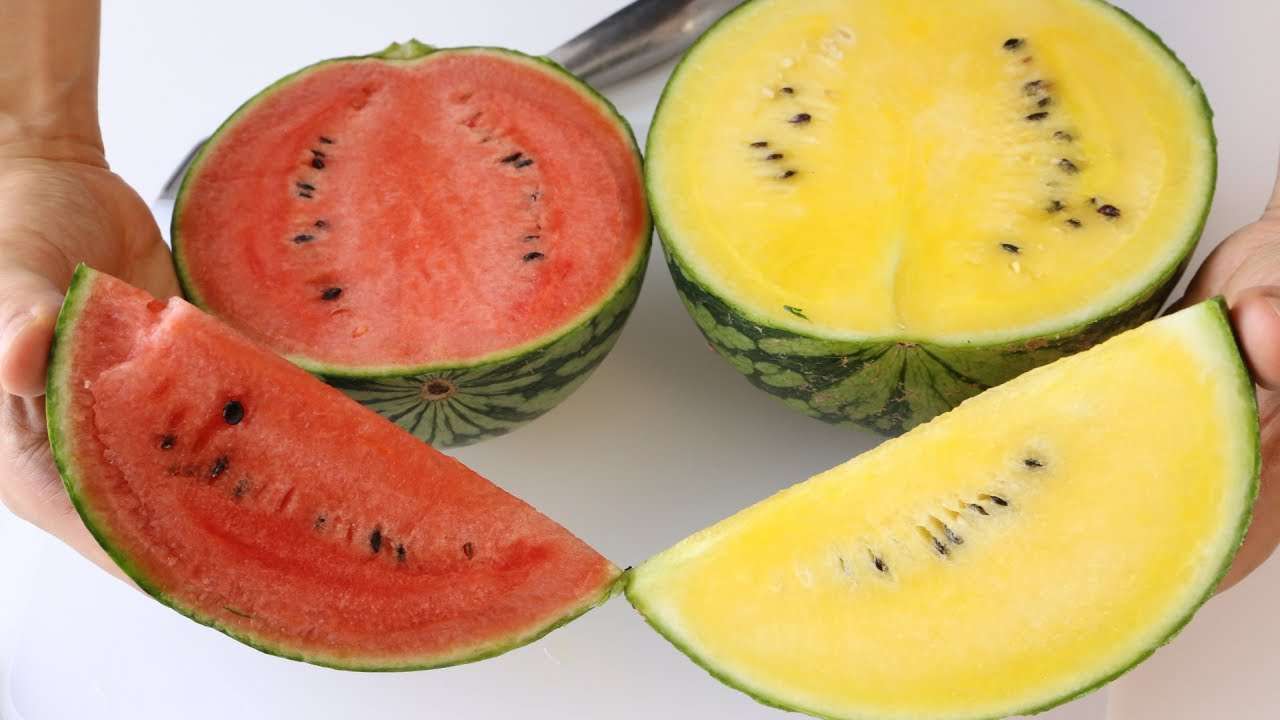
Watermelon is a rich source of citrulline, an amino acid that may improve exercise performance. Plus, it boasts antioxidants, including vitamin C, carotenoids, lycopene, and cucurbitacin E. These compounds help combat free radicals, which are unstable molecules that may damage your cells if they accumulate in your body. Over time, this damage may lead to conditions like diabetes, heart disease, and cancer.
The nutrients in one cup of about 152 grams of diced watermelon:
- Calories: 46
- Carbs: 11.5 grams
- Fiber: 0.6 grams
- Sugar: 9.4 grams
- Protein: 0.9 grams
- Fat: 0.2 grams
- Vitamin A: 5% of the Daily Value (DV)
- Vitamin C: 14% DV
- Potassium: 4% DV
- Magnesium: 4% DV
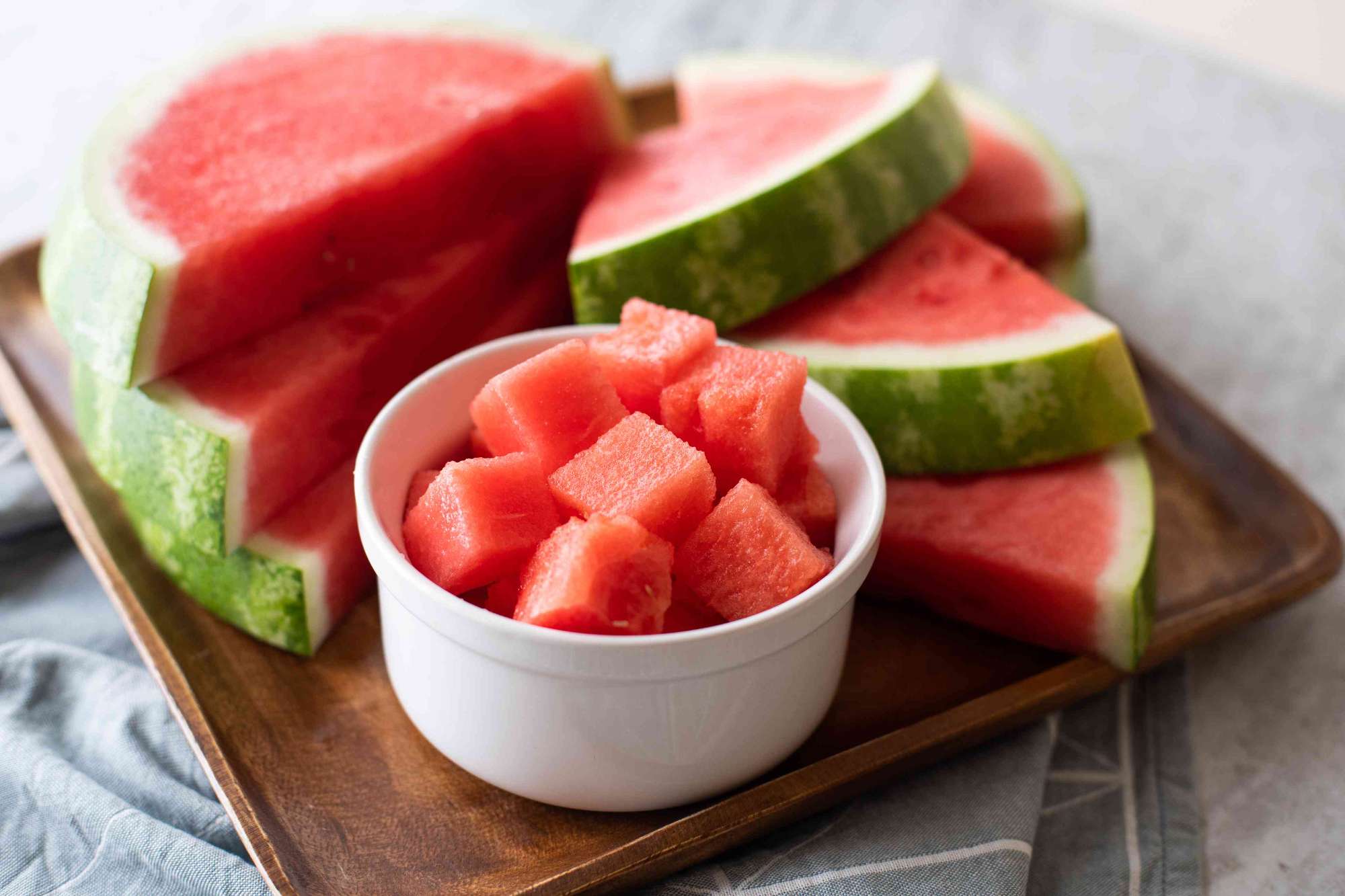
HEALTH BENEFITS OF WATERMELON
Helps you stay hydrated
Staying hydrated is important for the body to function properly. Your body needs enough water for some of bodily processes such as body temperature regulation, normal organ function, nutrient delivery to cells, and alertness.
Watermelon comprises 92% water, making it a great choice for daily hydration. What's more, this melon has a low calorie density that can aid in weight management by keeping you feeling fuller for longer.
May have anticancer effects
Several plant compounds found in watermelon, including lycopene and cucurbitacin E, have possible anticancer effects.
While study results are mixed, lycopene intake may be associated with a lower risk of some types of cancer, such as prostate and colorectal cancers.
Lycopene is believed to work by lowering blood levels of insulin-like growth factor (IGF), a hormone that promotes cell division. Notably, cancer forms when cell division becomes uncontrollable.
Additionally, cucurbitacin E may inhibit tumor growth by promoting the autophagy of cancer cells. Autophagy is the process by which your body removes damaged cells.
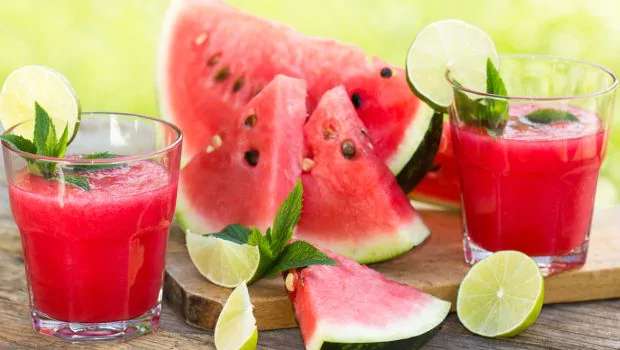

May improve heart health
Several nutrients in watermelon may support heart health. Heart disease is the leading cause of death worldwide. It’s worth noting that lifestyle factors like diet may lower your risk of heart attack and stroke by reducing your blood pressure and cholesterol levels.
Studies suggest that lycopene may help lower cholesterol and blood pressure. It may also help prevent oxidative damage caused by high cholesterol levels.
Watermelon also contains citrulline, an amino acid that may increase nitric oxide levels in your body. Nitric oxide helps your blood vessels expand, which lowers blood pressure.
Other heart-healthy vitamins and minerals in watermelon include magnesium, potassium, and vitamins A, B6, and C.
May reduce inflammation and oxidative stress
Inflammation is a key driver of many chronic diseases. The combination of antioxidants, lycopene, and vitamin C in watermelon may help lower inflammation and oxidative damage.
In an 8-week study gave 31 people with obesity and high inflammatory markers 500 mg of vitamin C twice daily. They showed a significant decrease in inflammatory markers compared with the control group.
As an antioxidant, lycopene may also delay the onset and progression of Alzheimer’s disease. However, more research is needed.
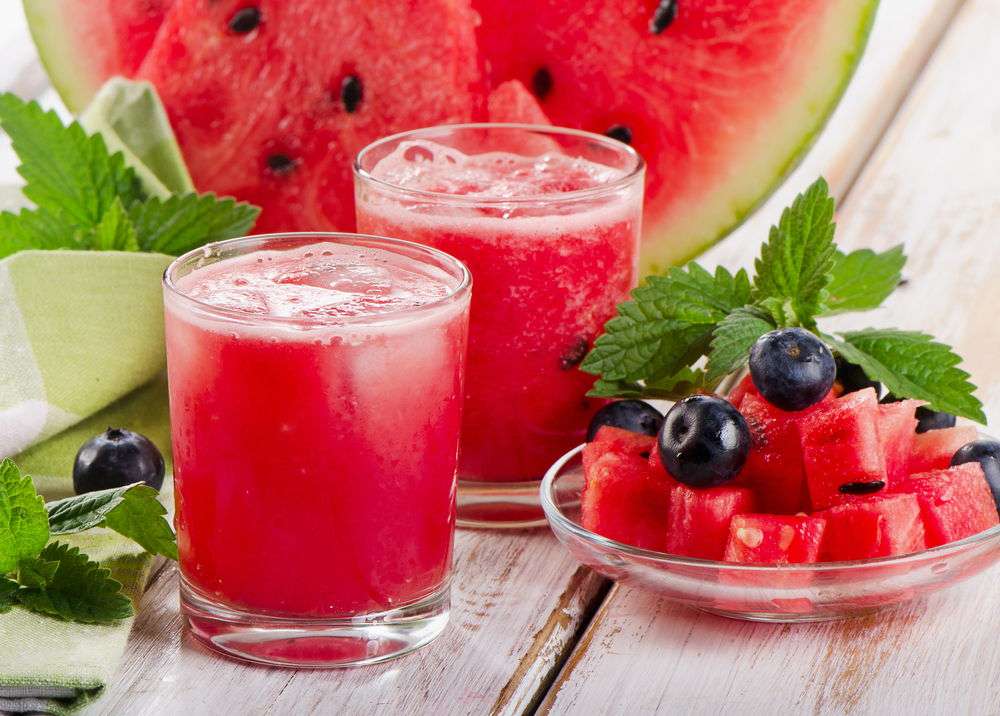
Prevent macular degeneration
The watermelon compound lycopene may have benefits for your eyes. Age-related macular degeneration (AMD) is a common eye problem that can cause blindness in older adults.
Lycopene’s role as an antioxidant and anti-inflammatory compound may help prevent and inhibit AMD. One test-tube study that treated eye cells with lycopene found that it decreased the capacity of inflammatory markers to damage cells. Keep in mind that human research is necessary.
May relieve muscle soreness
Citrulline, an amino acid found in watermelon, may improve exercise performance and reduce muscle soreness.
It’s also available as a supplement. One review found that regular intake of citrulline for at least 7 days improved aerobic performance by increasing the body’s production of nitric oxide.
This compound helps expand blood vessels so that your heart doesn’t need to work as hard to pump blood through your body.
What’s more, some evidence suggests that watermelon itself — not just citrulline — may aid your body after exercise.
One older study gave athletes plain watermelon juice, watermelon juice mixed with citrulline, or a control drink. Both watermelon drinks led to less muscle soreness and quicker heart rate recovery than the control drink. Still, more research is needed.

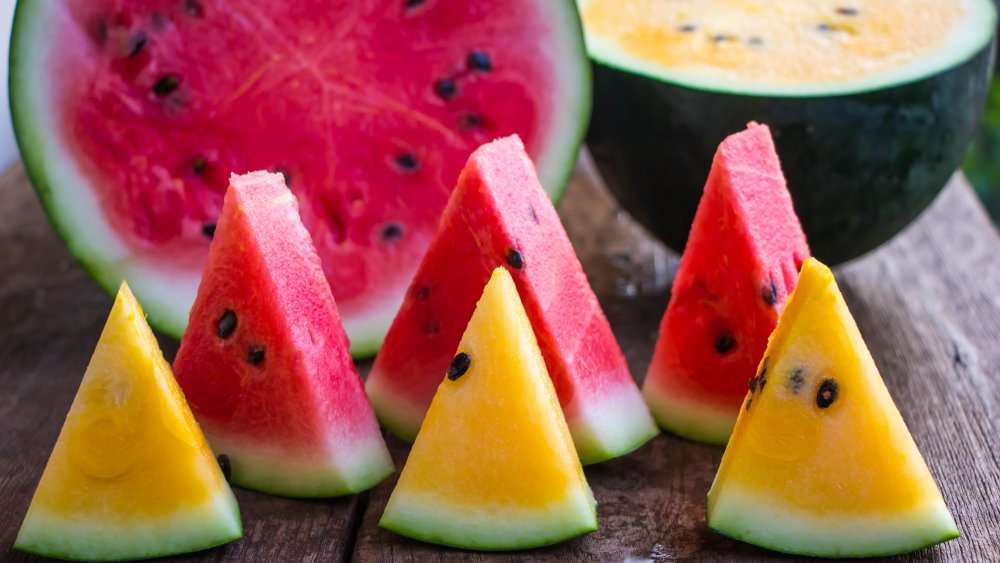
May aid skin health
Vitamins A and C, which are found in watermelon, are important for skin health.
Vitamin C — either when eaten or applied topically — helps your body make collagen, a protein that keeps your skin supple and your hair strong. One review found that a higher intake of vitamin C from food and/or supplements may decrease your chances of developing wrinkles and dry skin.
Vitamin A is also important for healthy skin since it helps create and repair skin cells. In one review, animals with vitamin A deficiency had poorer wound healing than those fed a nutritionally complete diet.
May improve digestion
Watermelon contains plenty of water and a small amount of fiber, both of which are necessary for healthy digestion.
Fiber helps keep your bowels regular, while water moves waste through your digestive tract more efficiently.
One survey in 4,561 adults found that those with low fluid and low fiber intakes were more likely to experience constipation. Nonetheless, other factors may have played a role.
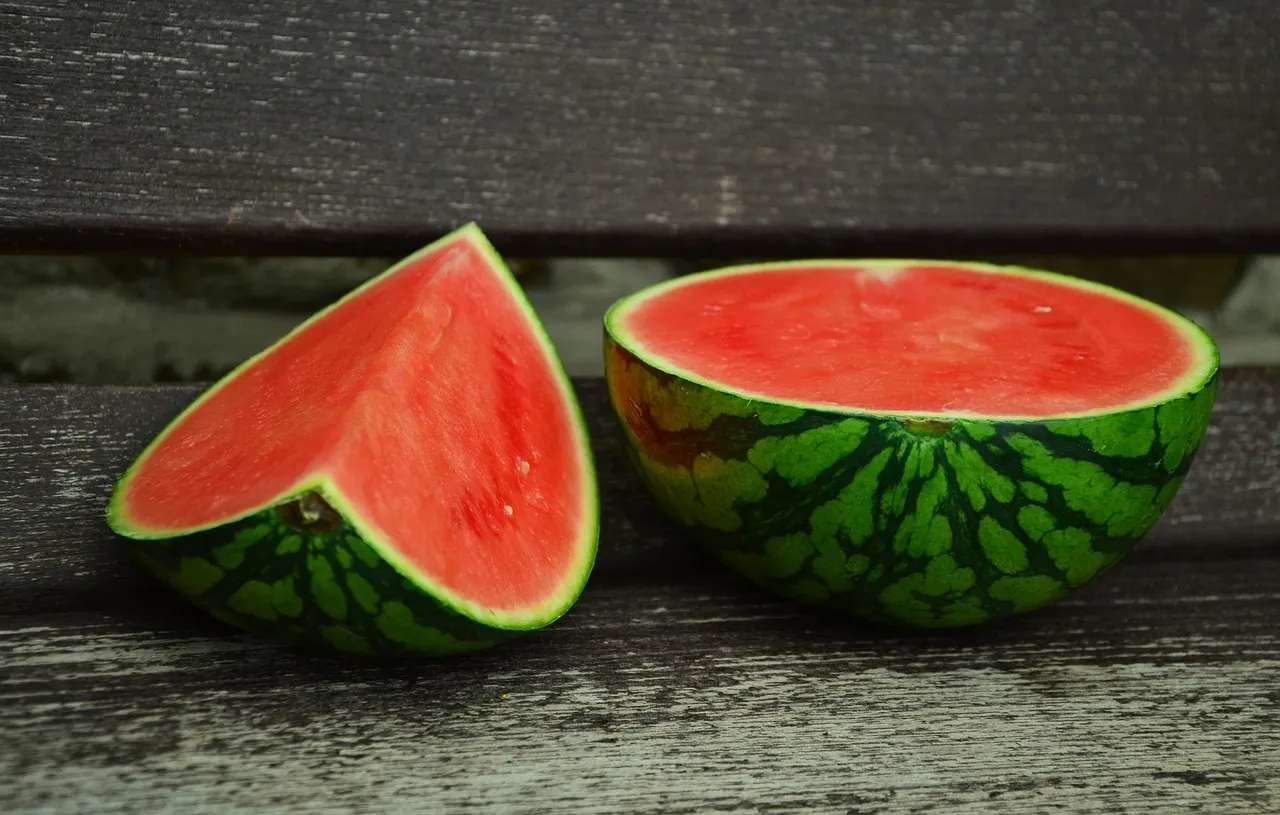
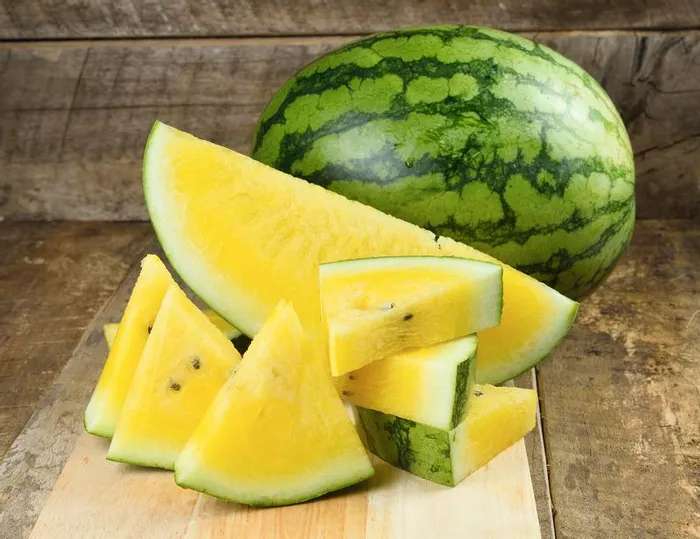
RISKS
Moderate amounts of watermelon present no serious health risk for most people, but some may need to take care.
Diabetes: Watermelon is a fruit with natural sugar content. People with diabetes must account for these carbs in their daily meal plan. It is better to consume watermelon whole rather than as a juice, as juicing removes the fiber, making the sugar easier for the body to absorb. This may increase the risk of a glucose spike. Remember to watch portion sizes as with all fruit and juices.
Allergy: Some may develop symptoms of an allergic reaction, such as hives, swelling, and difficulty breathing after eating watermelon. If this happens, the person needs medical attention, as it can sometimes lead to anaphylaxis, which is a life-threatening condition.
Compiled and penned by Crocus Media
Products
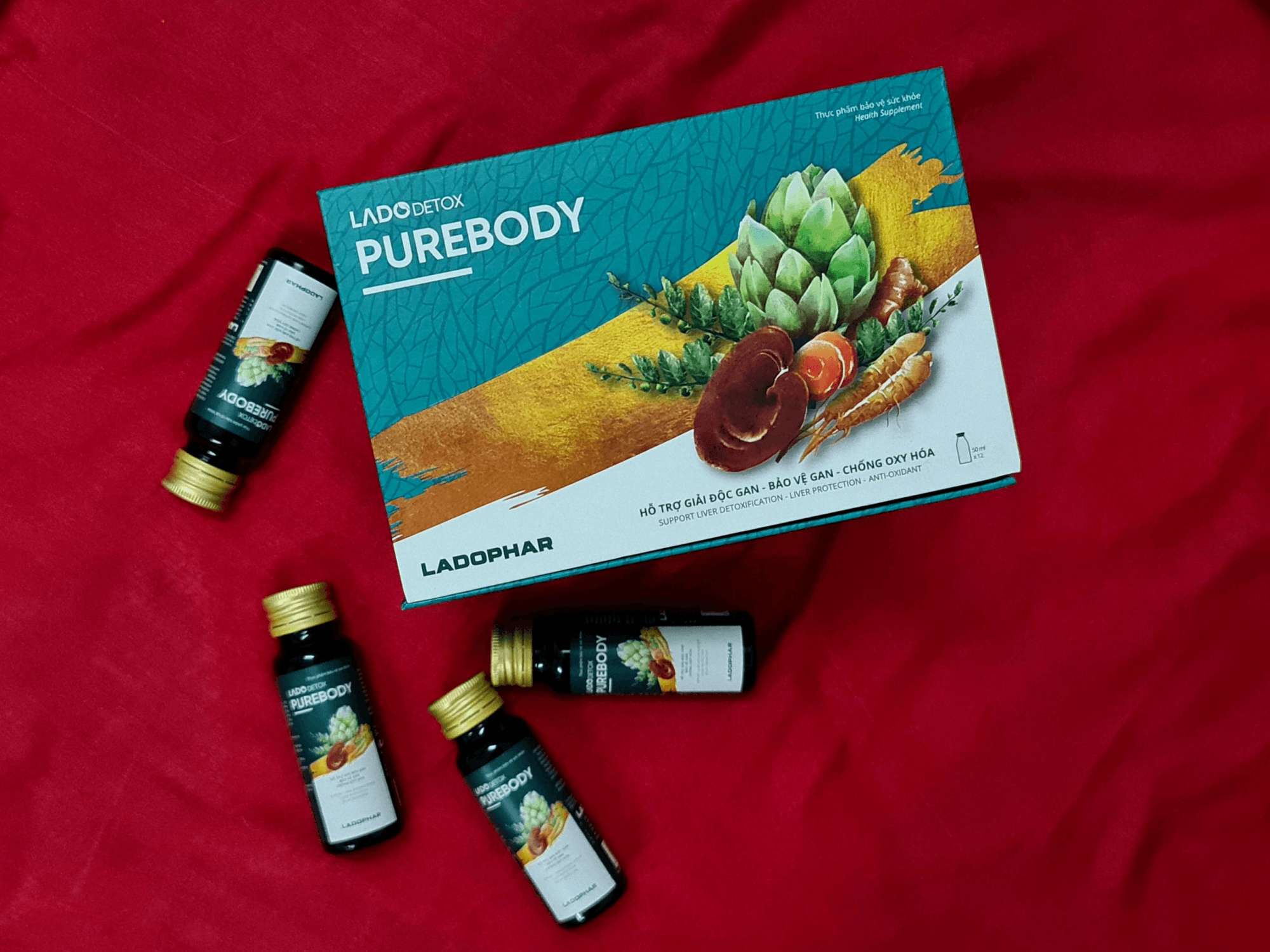
Lado Detox Purebody
Perceived as the breakthrough and comprehensive detox solution, coming from the essence of five precious herbs for health are Artichoke, Phyllanthus urinaria, Lingzhi, Codonopsis javanica and Curcumin help to effectively eliminate toxins and at the same time nurtures body healthy remain youthful.


